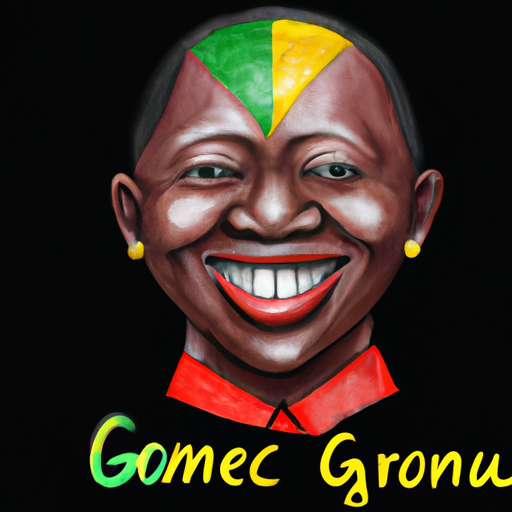Guinee conakry governement

Guinea Conakry Government: A Comprehensive Guide
Introduction
Guinea Conakry is a west African country that has made significant strides in improving its Democratic governance system. Despite some of the challenges that have faced the country like human rights, corruption, and political instability, the government has implemented policies and reforms aimed at improving the lives of its citizens. In this expert blog post, we shall look at the current Guinea Conakry government and some of the policies and achievements that have made it rank highly in the region.
An Overview of Guinea Conakry Government
The country is governed under a semi-presidential system of government where the President is the head of state and the Prime minister the head of government. The current president, Alpha Conde, took office in December 2010 and was re-elected in 2015 and 2020. In 2010, his election marked the country’s first democratic transfer of power since independence. The President appoints the Prime Minister who must be approved by the National Assembly. The National Assembly is the country’s legislative body consisting of 114 members who serve for a five-year term.
Guinea Conakry Government Policies and Achievements
Since taking office, the Guinea Conakry government has embarked on various policies and reforms aimed at improving the lives of its citizens. Some of the notable policies and achievements include:
- The introduction of free primary education that has seen a dramatic increase in school enrollment rates.
- Reforming the health care sector by increasing the number of health facilities, improving access to healthcare services in rural areas, and increasing the workforce in the health sector through the recruitment of more doctors and nurses.
- Strengthening infrastructure development through the construction and expansion of roads, bridges, and other transport systems.
- Improving the extraction and management of natural resources such as bauxite, iron ore, and gold, which has significantly contributed to the country’s economic growth.
- Strengthening the country’s democratic institutions by ensuring free and fair elections, promoting the rule of law, and protecting human rights.
Challenges Facing Guinea Conakry Government
Despite Guinea Conakry’s progress, the government still faces some challenges. Such challenges include:
- Poverty which is still rampant in some parts of the country.
- Corruption which is still a major impediment to the country’s economic growth. However, the current government is taking decisive measures to cut down on corruption and promote transparency.
- The fragile security situation in some parts of the country due to political instability and conflicts with neighboring countries.
Conclusion
Despite the challenges facing the Guinea Conakry government, there is no denying that significant strides have been made towards improving the lives of its citizens. The country has made commendable improvements in terms of democratic governance, infrastructure development, and economic growth. However, more needs to be done to address some of the remaining challenges such as poverty and corruption. We hope that this guide has given you an insightful overview of the Guinea Conakry government, and you will be better informed about the issues affecting the country.
References








